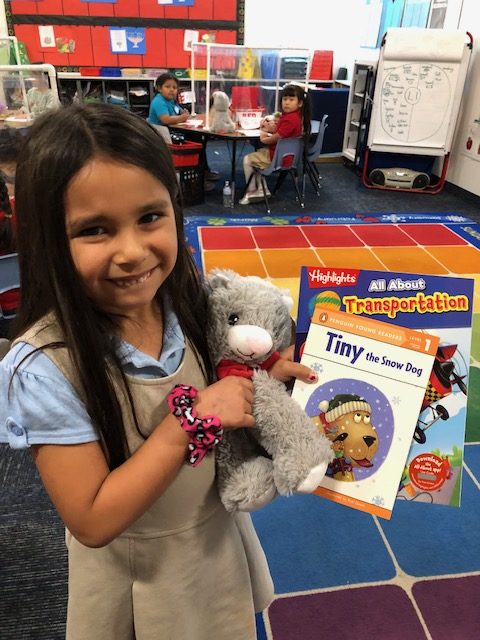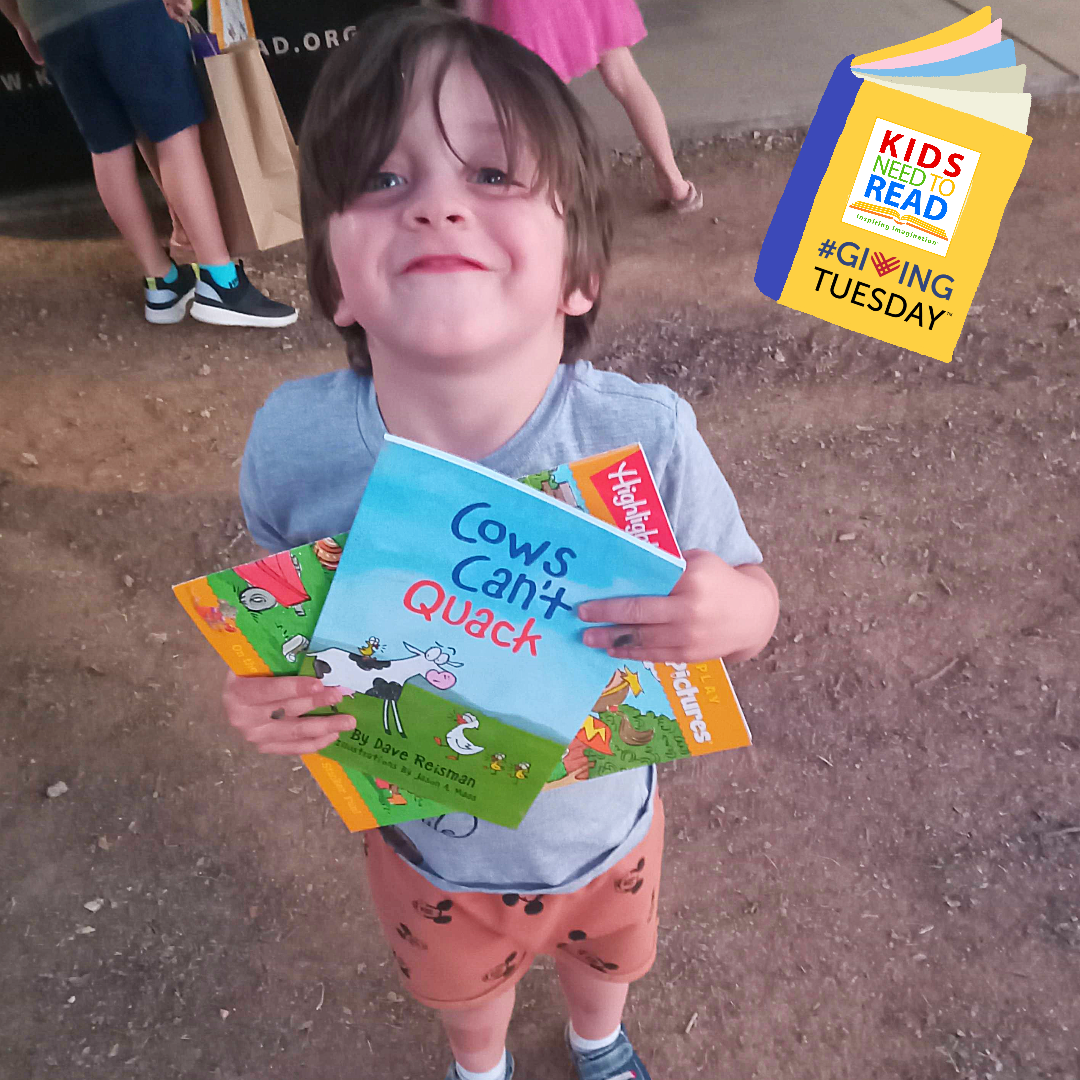Written by Rebecca Hipps
As a child, I loved to write. I could always be found writing in my journal or creating stories, and had declared that someday I would be a great author. As I got older and schoolwork or hobbies became more time consuming, I began to lose my dedication to writing. My parents, observant of my dwindling focus in this area, encouraged me to take a creative writing class one summer at our library. I will never forget the impact of that class. I had the opportunity to work with peers of varying age and strong instructors, to develop as a writer. Our teachers inspired us with the works of Langston Hughes, Maya Angelou, and other great writers, and I was entranced with the beauty and complexity of their language. Poetry was no stranger to me, as I grew up reading the poetry and writing of my own father, but I began to see poetry as a personal outlet, whether I was expressing my own teenage woes, or experiencing new ideas or places through reading published poetry. These experiences revitalized my love for the art of writing, specifically in composing poetry.
Poetry can be an extremely influential tool as we fight to develop as a literate society, but this form of literature is often ignored in our homes and schools. Poets pour their hearts and life experiences into their work, and create artistic, relatable texts for adults and children of all ages to enjoy. Poets paint images and describe situations in a way that abstract ideas or thoughts can be captured in an accessible way. Children that are exposed to such rich language are developing broader vocabularies and a deep comprehension of written language. Children should have access to this material and be given experiences to interact with poetry through reading quality examples and writing their own.
There are many resources to assist in encouraging children to write and enjoy poetry. There are many children’s book authors that specialize in creating collections for children. Jack Prelutsky and Shel Silverstein are two examples of beloved writers that really appeal to children using humor and relatable topics. Their books are great for developing poets because they stray outside of the common misconception that all poetry should rhyme and follow a certain structure. The free flow of the poems and interesting topics are fun for families to enjoy together. Mary Ann Hoberman, the author of the “You Read to Me, I’ll Read to You” series, crafts poem collections that are especially suited for younger readers. Children can also be exposed to classic poetry, through the “Poetry for Young People” series. These collections of writings from poets such as Walt Whitman, Edgar Allan Poe, Emily Dickinson, and Maya Angelou are designed to be appealing to children, and can introduce them to the eloquent language and thought-provoking ideas of these authors.
Poetry is a seed we must plant in the lives of children from an early age. Whether it is through reading nursery rhymes, popular poetry collections for children, or sharing our own original poetry with the children in our lives, we can each make a contribution in weaving this beautiful form of literature into our schools and homes.


